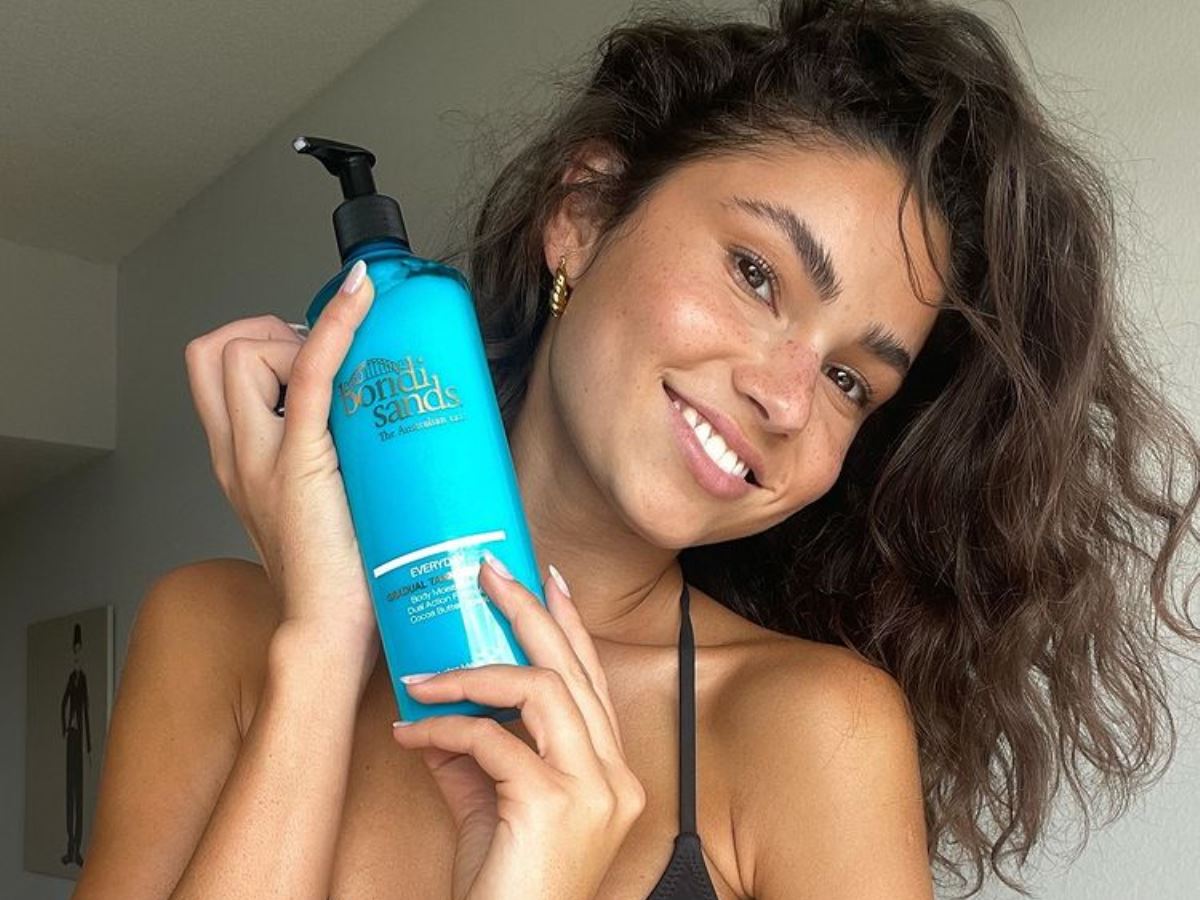Australia punches above its weight when it comes to self-tanning products, led by brands such as Bondi Sands and Le Tan.
Global sales of self-tanning products plunged during the height of the Covid-19 pandemic as major markets suffered lockdowns and other restrictions. The tide turned last year and worldwide sales recovered significantly, reports Fact.MR, the international market research firm, who predict that sales will reach US$1.48 billion by 2032.
By the end of this year, global sales of self-tanning products are expected to reach US$875 million, adds the researcher. Women represent 60 per cent of the market and lotions have a 50 per cent global market share.
An increasing number of self-tanning products are launching organic and clean formulas, notably local brands including Kora Organics and Wotnot. A smart move reveals Allied Market Research, the global market research firm, who forecast that the global organic personal care and cosmetic market will reach US$58.61 billion by 2031 with a CAGR of 5.3 per cent.
The skincare segment is the giant of the category with a 32 per cent market share, but oral care is the fastest-growing sector. The US, the largest single beauty market in the world, currently accounts for 36.4 per cent of global revenues, but the Asia/Pacific region, including Australia, is projected to achieve the biggest growth over the next decade.
The drugstore/pharmacy channel is well to the fore, says Allied Market Research, with a 37.2 per cent slice of the worldwide natural and organic beauty market.
In addition to increased health consciousness during the Covid-19pandemic, key drivers fuelling the use of organic and natural beauty products are the explosion in DTC channels, major discounts and easy payment plans.

